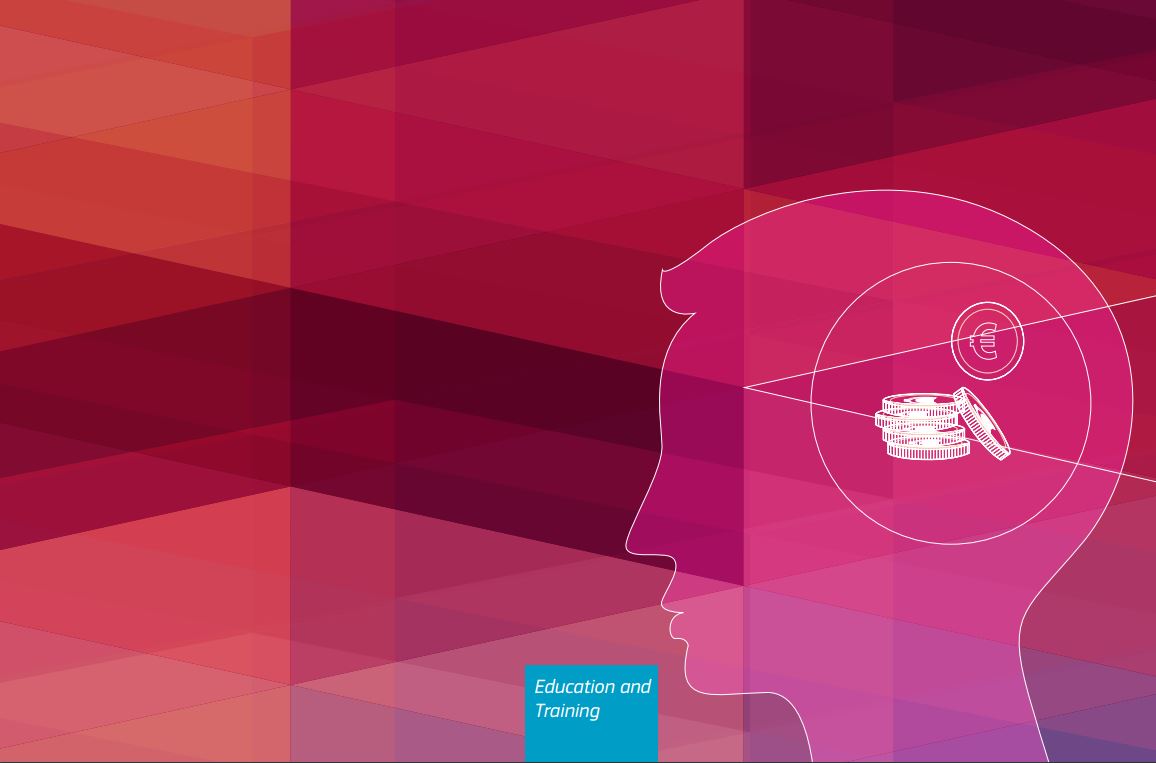Eurydice published its annual Report on National Student fee and Support System in European higher education
Published:
On 25 October, Eurydice issued a new report that provides a comparative overview of student fees and financial support provided to full-time students in national higher education institutions of Europe in 2016/2017. The analysis covers public and government-dependent private higher education institutions in 28 EU Member States, as well as Bosnia and Herzegovina, Switzerland, Iceland, Liechtenstein, Montenegro, the Former Yugoslav Republic of Macedonia, Norway, Serbia and Turkey. The report also includes individual country information sheets. An innovation of this year’s report is that it compares fees and support to students not only in the first (Bachelor level) and the second (Master level) cycles, but also in short cycle programmes and in part-time study.
According to the report, most countries adopted a policy approach which combines a low percentage of fee-payers with a low percentage of grant recipients: in the Czech Republic, Germany, Estonia, Cyprus, Poland, Slovenia, Slovakia and Turkey, there is no (or less than 100 euros) fee in first cycle higher education, while in Latvia, Lithuania, Hungary and Romania, between 30 % and 50 % of students pay fees. Even though, such an approach imposes a fee on only a minority of students (those on non-state subsidised places), these students cannot obtain national grants and thus, financially depend on their families or work. Moreover, 13 of the 42 European education systems do not distinguish between full-time and part-time students when it comes to paying fees.
The average amount of fees that student pay in Europe varies from 100 to 3000 EUR with the highest fees (11 823 EUR) being charged in the UK (England and Wales). Countries where the most common fee is relatively high (1001 – 3000 EUR) are the ones where the majority of students pay fees. In some countries, the amounts of fees depend on the real cost of the programme or the expected future income of graduates, making more prestigious programmes more expensive (Bulgaria, Estonia, Spain, Portugal and Romania).
The report finds, that even though, in most education systems in Europe, financial support to students exists in the form of grants (based on need and/or merit) and loans, five countries (Latvia, Bosnia and Herzegovina, Iceland, Montenegro and Serbia) do not have grants based on socio-economic need. The UK (England) has also just reduced its grant arrangements making the majority of student support being provided through loans. Recognising that education is an important tool of reducing wealth, gender, ethnic and geographical inequalities, ETUCE states that tuition fees and lack of state financial support provided to students contribute to the marketisation of education and leads to the exclusion of socio-economically disadvantaged groups.
ETUCE also denounces financial obstacles for students’ mobility created by many European countries: according to the Eurydice report, in almost three-quarters of the countries, international students pay higher fees than national students while attending the same programme.
The Eurydice report can be found here.